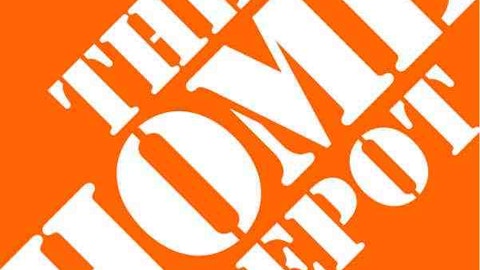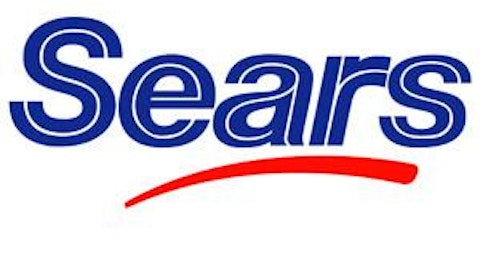Although the news was not completely unexpected, the investment community still reacted negatively to the mid-June announcement that former Sears Holdings Corp (NASDAQ:SHLD) subsidiary Orchard Supply Hardware Stores Corp (NASDAQ:OSH) would file for bankruptcy and sell the bulk of its productive assets to hardware giant Lowe’s Companies, Inc. (NYSE:LOW). When Sears Holdings Corp (NASDAQ:SHLD) announced that it would spin off its cache of under-performing hardware stores in the saturated West Coast market, many of the Chicago-based company’s shareholders ran headlong in the opposite direction. Indeed, many market-watchers believed that debt-ridden Orchard Supply Hardware Stores Corp (NASDAQ:OSH) was destined to fail.
As painful as this situation may be for Orchard Supply Hardware Stores Corp (NASDAQ:OSH)’s employees and management team, it is not a total loss. Orchard Supply Hardware Stores Corp (NASDAQ:OSH) has a significant footprint in California, and Charlotte-based Lowe’s Companies, Inc. (NYSE:LOW) has indicated that it desires a larger presence in the Golden State and other West Coast markets. Although it is possible that other bidders could emerge to challenge Lowe’s Companies, Inc. (NYSE:LOW)’ $205 million offer, investors should operate under the assumption that Orchard Supply Hardware Stores Corp (NASDAQ:OSH) will exit bankruptcy as a Lowe’s Companies, Inc. (NYSE:LOW) subsidiary.
Orchard, Lowe’s Companies, Inc. (NYSE:LOW) and The Home Depot, Inc. (NYSE:HD) at a Glance
Although it is unfair to compare Orchard Supply Hardware Stores Corp (NASDAQ:OSH) and Lowe’s Companies, Inc. (NYSE:LOW) directly, it is necessary for the purposes of this analysis. It also makes sense to compare the two firms with Lowes’ principal rival in California and elsewhere: The Home Depot, Inc. (NYSE:HD) .
After its bankruptcy filing, Orchard has a puny market capitalization of $4.3 million. Obviously, this fails to provide an adequate snapshot of the value of the company’s assets. Its enterprise value of about $280 million comes closer to capturing its true strength. For comparison, Lowes has an enterprise value of about $52 billion. For its part, The Home Depot, Inc. (NYSE:HD) has a “true” valuation of just over $120 billion.
Orchard’s financial problems are ongoing. In 2012, the company lost about $118 million on revenues of around $657 million to finish with an ugly margin of -18 percent. Lowes earned about $2 billion on revenues of $50.5 billion, and The Home Depot, Inc. (NYSE:HD) posted a $4.7 billion profit on a total take of about $76 billion. As such, The Home Depot, Inc. (NYSE:HD) was the most profitable of the three firms by a decent margin. Meanwhile, Orchard struggled with a brutal debt load of about $275 million and a small cash reserve of just over $6 million. Although the two larger firms are also highly leveraged, it is likely that either could absorb an additional $275 million in long-term obligations.
How Did the Bankruptcy Happen?
As Sears Holdings Corp (NASDAQ:SHLD) struggled with declining market share and high debt costs, it spun off or sold a number of non-core operations to raise capital and insulate itself from under-performing assets. Over the past few years, this has created a marginally stronger Sears Holdings Corp (NASDAQ:SHLD) Company at the expense of these component parts. Orchard was designed to carry some additional Sears Holdings Corp (NASDAQ:SHLD) debt that had bedeviled the larger firm’s balance sheet for years. At the same time, its small-footprint hardware stores were increasingly uncompetitive with the big-box floor plans of rival Lowes and The Home Depot, Inc. (NYSE:HD) outlets. This created an unworkable situation that forced the firm into bankruptcy after just two years of independent existence.
What Will Happen Next
At the moment, it appears that Lowes will purchase most of Orchard’s productive assets for about $205 million.





